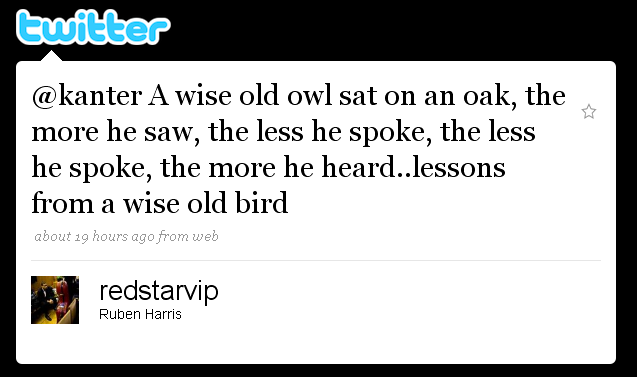Have you ever had a conversation that felt more like two unrelated monologues taking place at the same time?
I have had too many.
Last night I sat down and watched the news for the first time since leaving the U.S. two weeks ago. Christiane Amanpour, utterly unchanged since I first started watching CNN fifteen years ago, spoke to former Communications Director, Yoaz Hendel, and Arab-Israeli Parliament Member, Ahmad Tibi, about the new and controversial Israeli Nationhood Bill.
If you don’t know what this bill proposes (and it’s more complicated than most news programs would have you think), you can read about it here or here.
[NB: While I do not endorse this bill, I also don’t endorse the conversation around it, and that is what I want to talk about.]
As I watched the interviews, I slowly realized that everybody was talking, but no one was listening. Sound bites. Rehearsed rhetoric. Monologues recited in a choreographed dance—not conversation.
If I had to simplify the current state of the Israeli-Palestinian conflict—one of the most helplessly complex issues of our time—to one core problem, it might be that no one is listening.
When I was growing up, my family, my friends’ families and my broader Jewish community didn’t need to really listen to know that Israel was on the side of justice. After all, it had to be. What was—what is—the alternative? That is a story for another time.
And so we replace listening with knowing. Knowing is simpler.
Jewish Israelis supporting the nationhood bill are certain that the survival of the Jewish state/homeland/sanctuary depends on it, so they do not need to listen to the opposition.
Those who believe Israel can be both Jewish and Democratic do not listen to those who argue otherwise. Those who believe a Jewish and Democratic state to be an oxymoron do not listen either.
That being said, I certainly do not know what the right answer is.
Here is what I do know: the key to successful conversation isn’t talking. It’s listening.
No problem has ever been solved by monologues.
So the next time you find yourself rattling off your opinion without pausing for breath— smug, self-righteous and sure— slow down and listen. Chances are you do not have all the answers. Neither does the person on the television screen, your neighbor, nor the people you believe to be your enemies. Problems like these are far larger than any one individual.
When somebody expresses an opinion on Israel and Palestine that you disagree with (or any opinion, for that matter), don’t talk over them. Listen.
When you know you are right and they are wrong, listen.
When you want to punch the newscaster in the face, slow down and listen. No problem has ever been solved by monologues.
As politicians resort to force and bullying, as their monologues grow longer and louder, we still have the power to listen—not just to our friends and allies, but to everyone. It’s the best solution I can think of, though I would certainly welcome mindful disagreement.
Love elephant and want to go steady?
Sign up for our (curated) daily and weekly newsletters!
Author: Toby Israel
Editor: Emma Ruffin
Photo: Beth Kanter/Flickr











Read 0 comments and reply